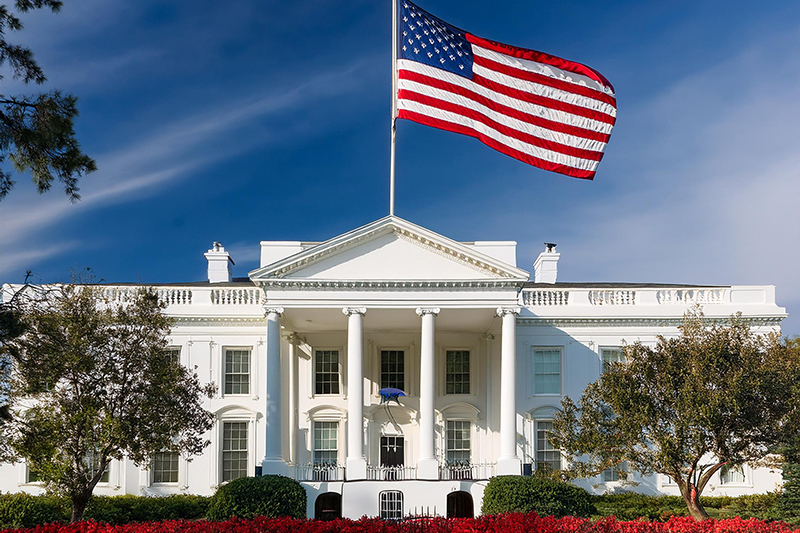Kamala Harris, the first woman, the first Black woman, and the first South Asian woman to hold the office of the Vice President of the United States, has undoubtedly transformed many aspects of the political landscape. Her leadership, resilience, and vision inspire millions. But what does Kamala Harris have to do with business software, particularly CRM systems? Let’s explore this intriguing context.
The Dawn of Business Software in Politics
Business software, encompassing a wide range of tools, has revolutionized not only commercial enterprises but also political campaigns. Much like how businesses aim to understand and connect with customers, political campaigns aim to connect with voters. Kamala Harris’s campaign exhibited how the smart use of business software could enhance outreach efforts, streamline operations, and, most importantly, transform data into meaningful strategies.
The importance of utilizing sophisticated business software cannot be overstated. During her campaign, Harris’s team employed various business software tools to analyze voter data, manage communications, and coordinate activities across different states. This approach is strikingly similar to how businesses leverage CRM (Customer Relationship Management) systems to connect with their customers.
Understanding CRM Systems
Customer Relationship Management (CRM) systems are a type of business software designed to help businesses manage and analyze customer interactions and data throughout the customer lifecycle. The goal is to improve business relationships, assist in customer retention, and drive sales growth.
Let’s break down the components of a typical CRM system:
- Contact Management: This feature allows businesses to store and manage customer information in a centralized database.
- Interaction Tracking: CRM systems log interactions between the business and customers, providing a historical record that can be analyzed for trends and opportunities.
- Sales Management: Businesses can manage the entire sales process, from lead generation to closing deals, within a CRM system.
- Automated Workflow: Routine tasks can be automated, freeing up time for more strategic activities.
- Reporting and Analytics: CRM systems provide tools to analyze customer data and generate reports that can inform decision-making.
The Importance of CRM in Modern Business
In today’s digitized world, businesses cannot afford to ignore the power of CRM systems. These systems, a vital type of business software, allow for a more organized, efficient, and personalized approach to customer management. For instance, a CRM system can help businesses understand their customers’ buying patterns, preferences, and feedback, thereby enabling more targeted marketing efforts.
Moreover, CRM systems offer several benefits:
- Enhanced Customer Satisfaction: By keeping track of all customer interactions, businesses can provide more personalized and timely responses.
- Improved Efficiency: Automation of routine tasks means employees can focus on more critical activities, reducing the chance of human error.
- Data-Driven Decision Making: The analytical capabilities of CRM systems convert raw data into actionable insights, aiding strategic planning.
- Scalability: As businesses grow, so does the complexity of managing customer relationships. CRM systems scale alongside the business, providing consistent support.
The Integration of CRM Systems in Political Campaigns
Kamala Harris’s campaign aptly demonstrates the integration of business software like CRM systems beyond traditional business realms. By using sophisticated tools to analyze voter data, manage outreach, and coordinate volunteer efforts, Harris’s team could run a more effective and targeted campaign.
In political campaigns, the use of business software can lead to:
- Targeted Outreach: Campaigns can segment the voter base to tailor messages that resonate with different groups.
- Efficient Resource Management: CRM systems help in tracking volunteer activities, donations, and event planning, ensuring resources are used judiciously.
- Better Voter Engagement: Personalized communication keeps voters informed and engaged, fostering a stronger connection with the campaign.
A Look at Business Software Trends
The incorporation of business software into various sectors is on the rise, driven by the need for more efficient operations and insightful data analysis. Artificial intelligence, machine learning, and cloud computing are revolutionizing how CRM systems function, providing ever more sophisticated tools for managing customer (or voter) relationships.
As seen in Kamala Harris’s campaign, those who leverage the full potential of business software often gain a competitive edge. Whether in politics or commerce, the ability to harness data and automate processes is invaluable.
What is Multiable M18 CRM System?
The Multiable M18 CRM system is a leading-edge business software solution that exemplifies the sophistication and efficiency potential of modern CRM systems. Designed to cater to businesses of all sizes, M18 offers comprehensive features that include advanced contact management, interaction tracking, sales pipeline management, and powerful analytics.
What sets Multiable M18 apart is its user-friendly interface coupled with robust functionality. It allows businesses to automate workflows, enhance customer engagement, and make data-driven decisions with ease. Multiable M18 supports scalability, ensuring that as your business grows, your CRM system grows with you. For businesses looking to transform their customer relationship management strategies, Multiable M18 offers an ideal blend of technology and convenience.
In summary, as Kamala Harris’s groundbreaking career has shown, the astute application of business software, like CRM systems, can drive significant success. Whether in politics or any other sector, adopting the right tools is pivotal for thriving in a competitive landscape.
Contact us


